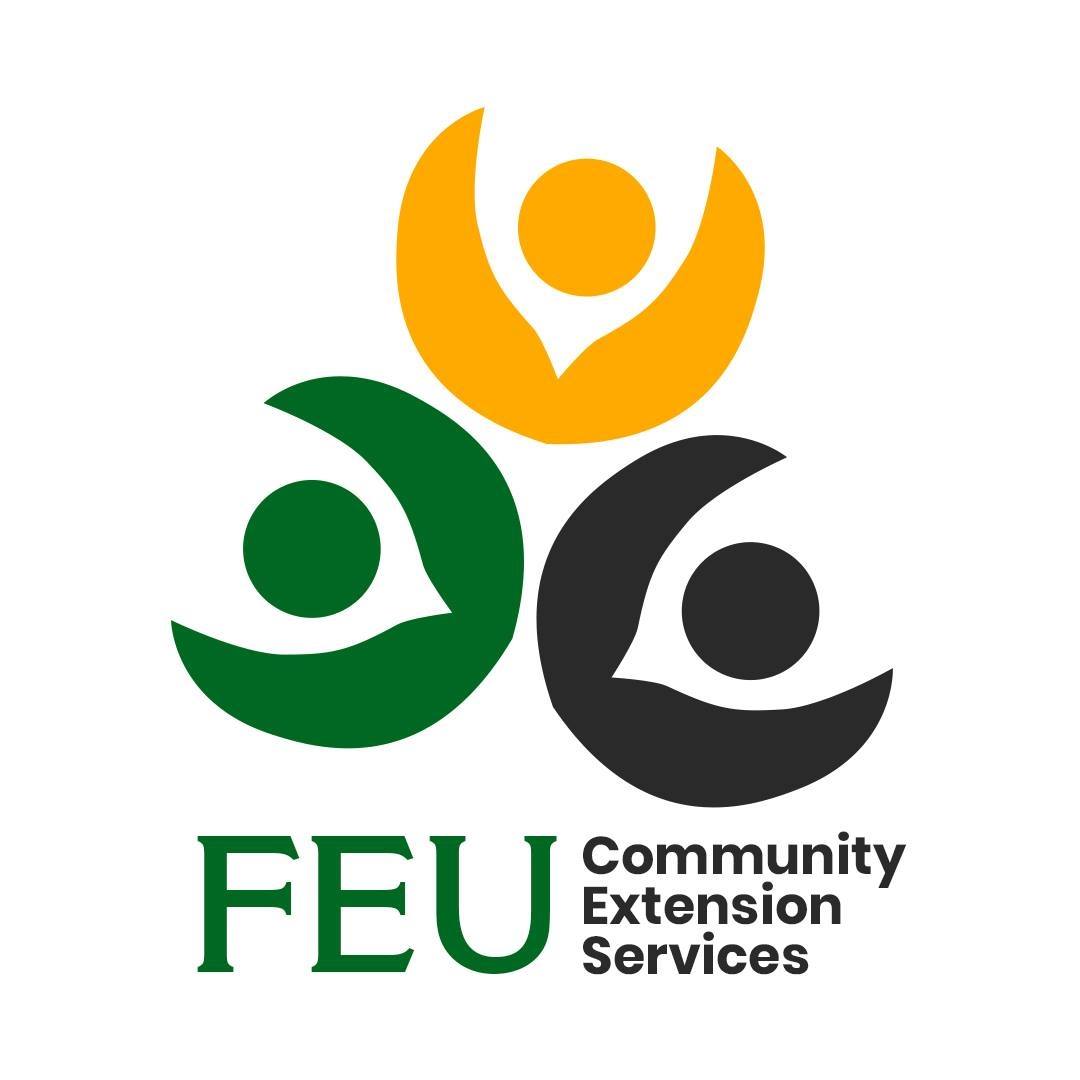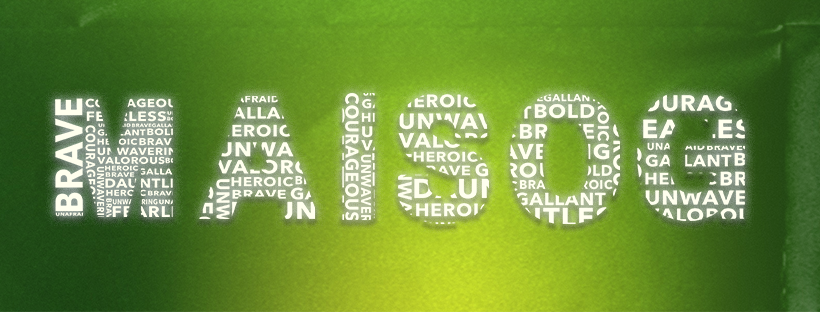Contact information:
Tel No: +632 8494000 Loc. 217
Visit and follow the FEU CES Facebook page
Luzelle Anne G.-L. Ormita, PhD
Director
Community Extension Services (CES), which is under the Academic Development Office, takes the lead in implementing research-based community extension programs of Far Eastern University. It also serves to coordinate, monitor, and evaluate the extension services rendered by the various institutes/programs in the partner communities of the University.
FEU’s Aspirations 2028 focuses on biodiversity and sustainability, urban renewal, and cultural preservation and dissemination. From these, the four CES Key Program Areas were derived – people empowerment, socio-economic upliftment, environmental education, and cultural heritage conservation. People empowerment covers the health-related services, as well as the psycho-educational, media, and literacy programs.

Socio-economic upliftment can be achieved through small scale business seminars, entrepreneurship trainings, and livelihood programs. Environmental concern includes programs on urban renewal, food hygiene, and sanitation trainings. And cultural heritage conservation consists of activities on preservation of cultural heritage sites and promotion of Filipino customs.
CES programs have their origins in community-based research and are carried out, principally by the faculty. Programs inspired by research findings are administered by various university stakeholders – staff, students, alumni, and other faculty. CES key programs will also facilitate a more holistic approach towards helping the partner communities improve their lives and develop into a sustainable community.
CES Framework
The CES framework reflects the collaborative efforts exerted by all sectors of the university. It has four layers that are geared toward attaining sustainable community development. Hence, continuous, collaborative, research-based, and aligned efforts among all stakeholders will serve as a way of building a sustainable partner community.
Mission
FEU CES commits to enable a participatory approach in empowering partner communities through the sharing of skills, time, resources, knowledge, and expertise from researched-based and collective efforts of stakeholders and the overall FEU community.
Vision
CES envisions to build self-sustaining partner communities through research – based approach anchored on UN sustainable development goals.
On-going Projects
Project HOPE (Harnessing Offenders’ Personal Empowerment)
“Bringing hope through inclusive service to persons deprived of liberty”
What is Project HOPE?
The Far Eastern University, through the Community Extension Services, stays true to its commitment of providing quality education and responsive community extension by utilizing the expertise of its faculty in providing sustainable community service. Since the 1990s, the Manila City Jail has been FEU’s partner community and it is FEU CES’ flagship project.
Recently, CES has strengthened Project HOPE through the provision of programs that holistically address the needs of the persons deprived of liberty (PDL) through collaborative services at the Manila City Jail Female Dormitory.
Programs and Activities
- Livelihood Programs
- Bread of HOPE
- Spread of HOPE
- Painting
- Crochet
- Beadwork
- Home Essentials
- 3D Art
- Psychological Services
- Capacity Building
- Anger Management
- Art of Emotional Healing
- Understanding Drugs and Addiction
- Mental Health and Resiliency during Pandemic Crisis
- Mental Health Awareness
- Mental Health Posters
- Mindfulness Program
- Queer Spaces for PDL Homeboys
- Health Services
- Medical Examination
- Life Disease and Prevention
- Basic Nutrition: Wastong Nutrisyon sa Panahon ng Pandemya
- Gross Assessment and Health Education on Reproductive Health
- Dance Fitness for Wellness
- Zumba: Oneness to Wellness
- Literacy Programs
- Spoken English as a Life Skill
- Enhancing Reading Skills
- Alternative Learning System (ALS) Tutorial
- Math Builder: Priming and Reinforcing Mathematical Literacy
- Pagsulat ng Maikling Kwento
- Math Literacy and Appreciation
- Recreational Activities
- Kwentong may Kwenta
- Ang Bagong Maynila sa Kwentong may Kwenta
- Coloring Activities for Elderly and Mentally Challenged PDLs
- Indoor Recreational Activities for PDLs
- Urban Gardening
- Other Related Programs
- Designing of Proposed Urban Gardening Area
- Preparations for Vertical Farming
- Designing of Bread of HOPE Bakery
- Seminar on Good Citizenship
- Events Made Exciting
- Seminar on Gender Equity
- Babae ka, hindi babae lang! A women empowerment film series
- Voters’ Education
- Human Rights Workshop
- Bookkeeping
- Bokashi composting
- Food Sanitation Training
Donations: Personal Computers in Support of MCJFD’s E-Dalaw and Telehearing, hygiene kits, smart TV, and cloth masks.
Project JOInT
“Empowering our care partner in serving the persons deprived of liberty”
It an extension of Project HOPE, aimed at providing the jail officers of MCJFD with various seminars and trainings that are relevant to their needs. These seminars and trainings will help them acquire knowledge and skills that will make them more effective and efficient at work. Through Project JOInT, FEU CES can assist our care partner, the jail officers, as both serve the persons deprived of liberty (PDL) under the care of Manila City Jail Female Dormitory.
Programs and Activities
Donation of PPE for Jail Officers
Self-Defense Training
Food Safety
Mental Health Awareness
Mobile Photography
Project Mangyan
What is Project Mangyan?
“Building the capacity of the community to achieve social and economic prosperity”
Project Mangyan is a five-year partnership with the Divine Word College of San Jose (DWCSJ), a private co-educational college run by the missionaries of the Society of the Divine Word (SVD), which is based in Occidental Mindoro. It consists of development of the Mangyan’s literacy program and curriculum, technical assistance on indigenous learning system, and facilitation of psycho-social, health, and economic projects that contribute to their empowerment and self-determination.
Programs and Activities
- Livelihood
- Beadmaking Livelihood Program
- Weaving Livelihood Program
- Educational
- Indigenous Learning System
- LET Review for Mangyan graduates
- Mangyan Children’s Storybook
- Health
- Water Quality Assessment
- Water Quality and Safety Seminar and Proper Handwashing Demonstration
- Water Research
- Health Education
- Health Posters
- Psychological
- Mangyan Empowerment Camp
- Mental Health Awareness
- Cultural Awareness and Dissemination
- Cultural Awareness and Sensitivity Training
- Other Programs
- Backyard Vegetable Gardening
- Donations: Medicines, food assistance, personal computers, printer, and school supplies
- Teacher Trainings with Divine Word College of San Jose
- Science Laboratory Training Series
- Strategic Guide on Leadership
- Curriculum Mapping
- Facilitating Online Student Engagement
- Online Teaching Strategies
- Experimental Research and its Pedagogical Approach
- Flipped Classroom Teaching in General Education Courses
Project SAM (San Agustin Museum)
What is Project SAM?
“Inculcating the value of cultural preservation through community engagement”
Project SAM has been conceived to help realize the University’s Aspiration 2020 through community extension services centered on cultural preservation and dissemination. Under Project SAM, FEU CES delivers programs that concern the protection and care of selected San Agustin Museum’s collections through basic activities such as the examination, assessment, documentation, research, and recommendation on the different artifacts.
Programs and Activities
- San Agustin Museum Coloring/Activity Book Making
- Assessment and Documentation of San Agustin Church Side Door at General Luna Street
- Assessment and Documentation of Secco Painting on Ceiling of the San Agustin Museum
- Assessment and Documentation of Huge Oil Paintings on San Agustin Museum’s Cloister
- Assessment and Documentation of San Agustin Museum’s Four Retablos
